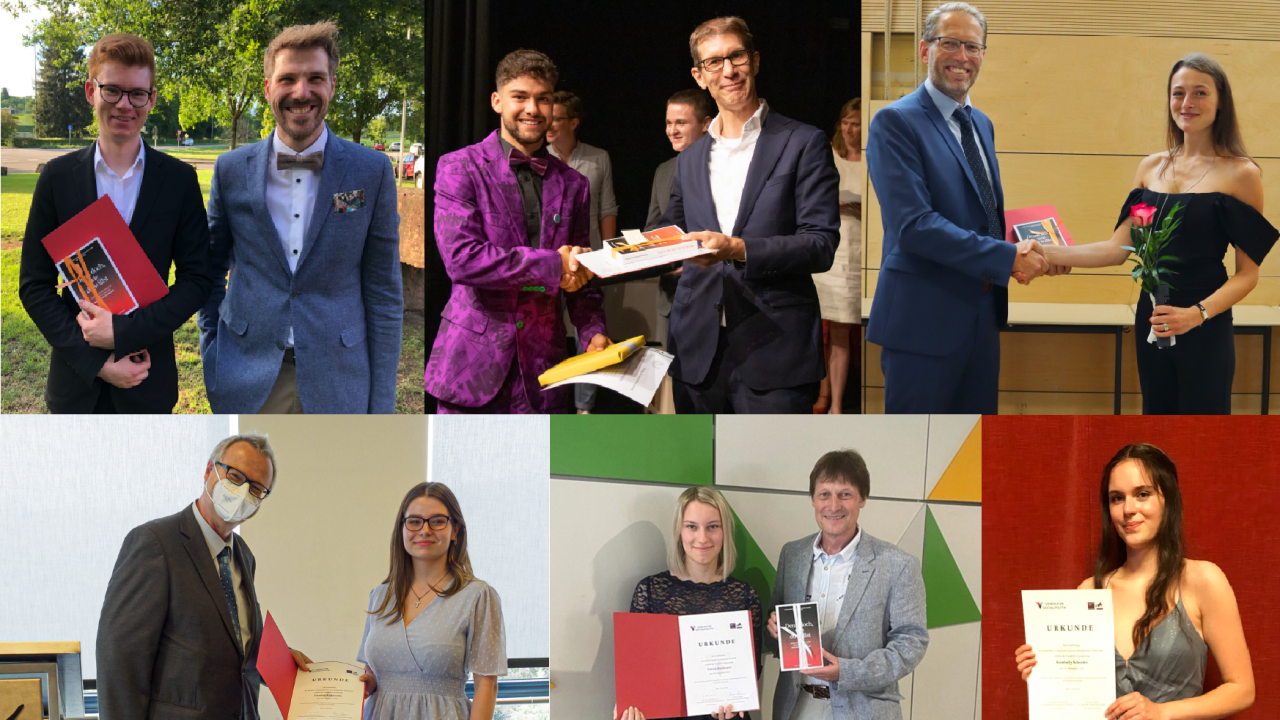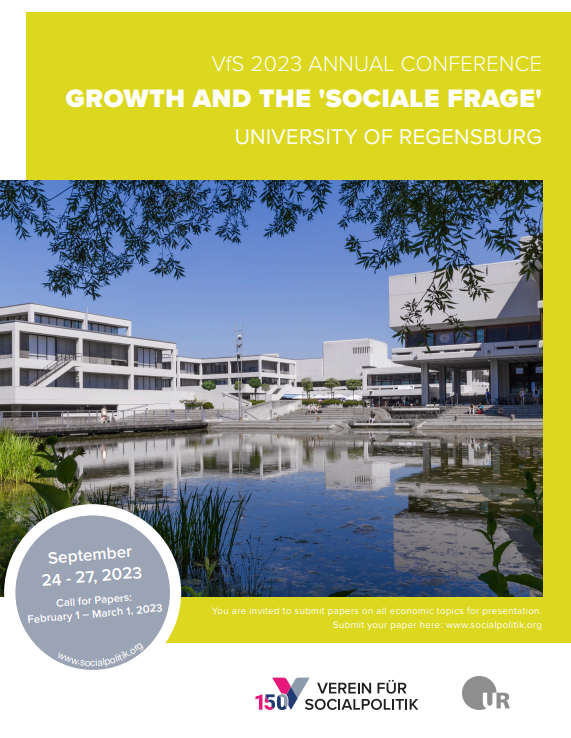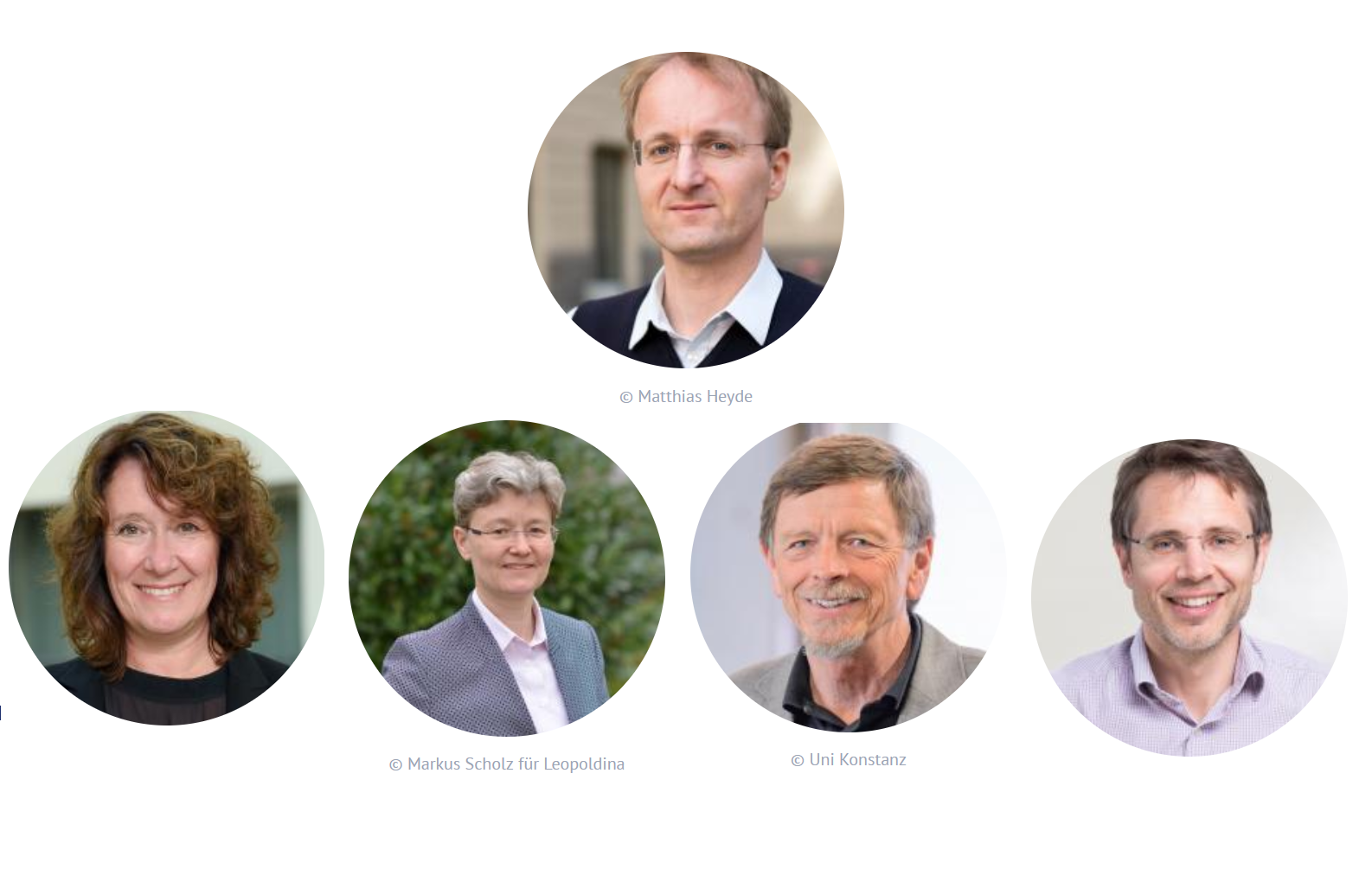Dear Members of the Verein für Socialpolitik,
Time flies: My term of office as chairman, and that of the entire VfS Management Board, is drawing to a close. This is already the last newsletter to which I have the honor of welcoming you. Take a look at the content below, with quite a few interesting articles.
Several topics in the newsletter are particularly worth mentioning. Most prominently, the annual meetings. The past meeting in Basel was a wonderful event and a post-pandemic reunion. Lots of interesting keynotes, panels, committees, receptions, and award ceremonies. Plus, the main attraction: you, the many Verein members who enlivened the meeting with all your contributions and conversations. Thank you! (And do check out the nice fotos.) Let us also mark our calendars for September 24-27, 2023. Meeting in Regensburg for our next annual meeting will be worth the trip, too.
A big topic for the Verein board is the announcement of our report on young economics, which we will present on Dec. 14, 2022, at 5 p.m., in a public panel. (A video link will follow.) We’ve been working hard on the topic of “young talent“, in a working group that formulated clear recommendations and will discuss them with outside experts in the panel. Please join the discussion!
And there are other, no less important contributions in the newsletter: The Career Development Officer reports more news on the Verein’s activities to support young scholars. The Equal Opportunities Officer gives information on a very difficult topic, sexual harassment. The 2022 annual conference award winners offer behind-the-scenes insights in short interviews. The “Baccalaureate Award for Students“ is becoming more established and it is also being awarded at more and more schools. Two other VfS awards are announced, namely the “Scientific Promotion Award“ of the Committee of Education Economics and the “Schmölders Award 2023“. Last but not least: we announce the newly elected members of the Management Board and the Executive Board. To these colleagues, and to all of you: I wish you much success with all your Verein activities – and a good time until our next reunion.
“Viele Grüße“
Georg Weizsäcker













